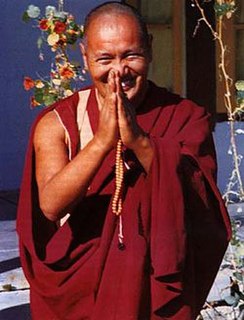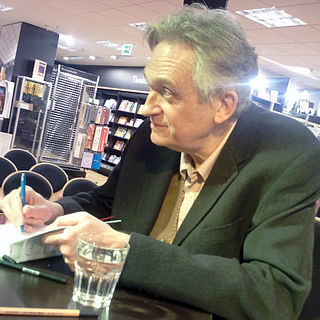A Quote by Cyril Connolly
The refractory pupil of Socrates, Aristippus the Cyrene, who believed happiness to be the sum of particular pleasures and golden moments and not, as Epicurus, a prolonged intermediary state between ecstasy and pain.
Related Quotes
As human beings we have the capacity to enjoy limitless, blissful happiness...there is nothing wrong with having pleasures and enjoyments. What is wrong is the confused way we grasp onto these pleasures, turning them from a source of happiness into a source of pain and dissatisfaction. It is grasping and attachment that is the problem, not the pleasure themselves.
Happiness. We're tearing our hair out to try to find a definition of it, for heaven's sake. Is it joy? People will tell you that it isn't, that joy is a fleeting emotion, a moment of happiness, which is always welcome, mind you. And then what about pleasure, huh? Oh, yes, that's easy, everybody knows what that is, but there again it doesn't last. But is happiness not the sum total of lots of small joys and pleasures, huh?
After all, what is happiness? Love, they tell me. But love doesn't bring and never has brought happiness. On the contrary, it's a constant state of anxiety, a battlefield; it's sleepless nights, asking ourselves all the time if we're doing the right thing. Real love is composed of ecstasy and agony.
































